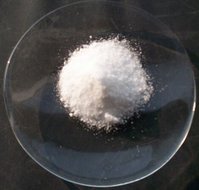The Federal Trade Commission last month ruled that Schering-Plough, Upsher-Smith Laboratories and American Home Products entered illegal agreements in 1997 and 1998 to delay the entry of lower-cost generic competition for Schering's prescription drug K-Dur 20, which is used to treat people with low potassium.
The new decision in effect reverses a July 2, 2002, decision of an FTC administrative law judge that ruled in favor of Schering.
According to the commission's opinion, Schering and its potential generic competitors, Upsher and AHP, had settled patent litigation with terms that included unconditional payments by Schering in return for agreements to defer introduction of the generic products to September 2001 and January 2004, respectively.
Schering-Plough plans to appeal the new decision, the company stated in a press release.
COPYRIGHT 2004 Reproduced with permission of the copyright holder. Further reproduction or distribution is prohibited without permission.
COPYRIGHT 2004 Gale Group



